scroll down if you’re short on time but are interested in a brief photo essay on billionaires’ quest for immortality and the cancers of the system they profit off of
I’ve lost two uncles and a grandmother to different cancers, my grandmother before I ever knew her. Now I have an incurable brain cancer, one that’s not particularly aggressive but that reduces my life expectancy by decades.
Mind you, I don’t need a thing to be personal. Ever since I was a little kid, I raged against anything I found out about that seemed cruel or wrong no matter my relationship to it: the ignorant male relatives who killed a black snake at a family gathering because they thought it was poisonous (even at 6 I was way better at identifying snakes than they were, for the simple reason that I cared more about snakes); punishment, authority, and abuse at school; patriarchy and domestic violence; the colonization and settling of North America (and I, a settler descendant living in the first permanent English colony); whoever was to blame for homelessness (at 10 I had no idea who this was, but I was sure they were out there somewhere); animal testing; the bastards on backhoes and in suits who plowed over the farms and orchards near where I lived to build subdivisions with McMansions; the rich zombies who moved into those houses and who worked evil jobs like my parents but higher up the ladder; the institutions that linked us all together and, as it turned out, had a hand in the school system, in animal testing, in the criminalization of houseless people, in the new subdivisions, in wage labor, in prisons, and in the wars that were becoming increasingly hot in those years, as well as the cold ones and dirty ones that preceded them.
On the contrary, I think I need to get better at making things personal. To learn how to let things be personal. To accept my lived experiences and my feelings about them as the inevitable starting point for anything I do. Abstract analysis can be extremely useful for identifying patterns that show up in life or that make or break our struggles for revolution. But our analysis will always pacify us if it habitually takes us out of the picture. No liberal or progressive would ever be able to trick us with a self-defeating reform if we weren’t living in the disembodied and eternal present that our culture trains us in.
When I look back at myself as a little kid, I can see that actually my first impulses were almost always empathy: with the black snake, with the wife getting beaten, with the kid getting abused, with the animal put in a cage, with the trees getting uprooted, with the person denied housing or stigmatized for making their home in the street.
Empathy alone was never enough to get me through. Rage followed closely on its heels, because of how clearly it felt like we should be fighting back against those things, that maybe we don’t truly understand them, as empathy demands, if we can accept them with equanimity. Honestly, we should feel rage that we live in a world where those things are allowed to occur, again and again and again. And that the people most responsible for them get rewarded, and the people who look away, who pretend to be asleep, usually have the easiest time getting by in the aftermath.
After empathy and rage comes analysis. The analysis allows us to understand what is happening, where it comes from, and why. Between the rage and the analysis, though, comes forgetting, whenever we don’t see how we are vital characters in the story. Sometimes it’s because we are the one the thing is being done to, and remembering would break us. Once we forget it, we no longer have a story for it, and nothing to analyze, nothing to explain. The rage goes somewhere else, usually in directions that only hurt us. The empathy has nothing to connect to, so we learn how to kill it, how to hate ourselves for these feelings we no longer have any explanation for.
Sometimes we remove ourselves from the story because we are too close to the ones doing the harm: because the genocide gave us the land we’re living on; our own house was built atop an earlier orchard; the person doing the beating is the one whose footsteps we’re supposed to follow, and we need to trust that we’ll be better because we couldn’t face it if we weren’t. So we trust blindly, and learn not to notice when we’re not looking too closely.
Other times it’s because a thing is so huge, so global, we have to use abstraction to contain the depth of it, and we don’t realize that abstraction is just another way of telling a story. It’s a fine way, but there are better styles of narration if what we want is to position ourselves as participants in rewriting the next chapter. We don’t have to be detached architects designing the perfect ending, or neutral observers pretending we can simply describe a harmful thing without positioning ourselves in relation to it.
This is not a rejection of analysis, but an admission: a pattern can be easier to see than a particularity.
So let me revisit my beginning. I would be mad about people dying of cancer no matter what, but I need to give myself permission: I can also be angry for my own sake.
From this place, I want to share with you the rage I felt when I came across these news articles on the same day.
First, on the billionaires who—such clichés—want to live forever, because they firmly believe they’re entitled to any kind of comfort they can imagine. Note how this desire for immortality unites far Right billionaires like Thiel with progressive billionaires like Bezos. In their terrified, tiny little hearts, they are substantially the same. Their transhumanist faith in cutting edge tech that only a few would ever be able to afford masks a fear of death, a fear of the messiness of living, and the entitled belief that they don’t belong to this world, that they can simply buy themselves another one.
Next, what do you know, cancer rates are on the rise in the paragons of industrial society, the capitalist utopias everyone is supposed to mimic, North America and Northern Europe. What patterns do we see here? Check out my expertly scrawled highlights: in the wretched article on immortal billionaires, good health is portrayed as a choice, which is certainly a tenet of white supremacy/capitalism. In the article on cancer, the lying hack at The Guardian (or their editors) cherry picks the causes of cancer that readers are most likely to interpret as lifestyle factors or again, someone’s personal choice. As in, I have cancer because I haven’t gone to the gym enough or I went to McDonald’s too often. I would looooooove for that reporter or editor to tell me that to my face in a place with no security cameras, so if anyone has a Guardian connection, send them this article, but with that let’s leave them behind. They are literally undeserving of our consideration, even our contempt.
Now check out these google searches. The top results are giving us information that is entirely false.
The first one, coming from some random, highly paid surgeon Google is promoting, is untrue. Plenty of evidence shows a causal relationship between certain environmental factors and brain tumors. The top result promoted in both searches, the second one featuring one of the major cancer NGOs, deliberately takes advantage of the lines, blurry for most lay people, between proof of causation, evidence of causation, and correlation.
If you search “causes of cancer”, a huge number of the results will focus on genetic causes of different cancers.
But if you take the time to dig waaaaay down into the peer-reviewed articles in scientific journals (because news media articles will almost never acknowledge this fact), you’ll see that different genes can always make people more vulnerable to one kind of disease or another but genes almost never cause cancer.
Most cancers are caused by environmental factors like poisons they put in our food, in our medicine, in our water, in our air; and by the radiation of the machines and devices we are forced to work around or carry in our pockets in order to survive in the world that capitalism built.
It’s much more profitable to research gene therapies that might treat cancer, because there is very little profit in making healthy food widely available, or in taking the poisons out of our world, because all of those poisons are products that they sell to us, byproducts of the production process, or quick fixes they invent to keep their unforgivable Machine from falling apart.
On that note, here’s a final pattern we can identify: how both the traditional media (even a progressive iteration like The Guardian) and the new media like Google’s search engine, are directly complicit in spreading the ideology of the wealthy immortals and in spreading misinformation that blames all of us for the harm caused by the wealthy and the institutions they have profited from.
The truth is, I don’t want to live forever. And I don’t particularly trust those who do, because I get nervous around people whose primary motivation is fear, and because I’ve seen that death at the end of a healthy life can be a beautiful thing.
Another truth is, the institutions that dominate this planet—let’s call them, in their totality, the State—are killing us in gruesome, needless, and ugly ways, and in the meantime, too often, they are making our lives not worth living. With plenty of complicity from us, let’s be honest, though there are some who willingly dedicate their entire lives to fighting on the side of misery, and others who knowingly profit immensely off our deaths and off our misery.
And it’s okay to say, absolutely not. I will not give them my life. My life is for the living and the dead. And for this world, our world, and all of those willing to share it.
Know someone who would like this?

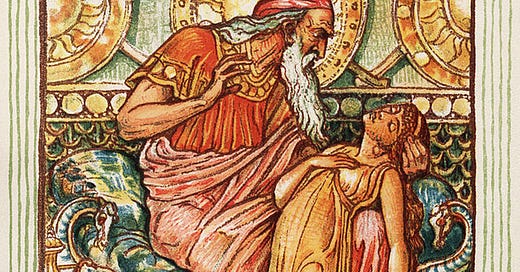



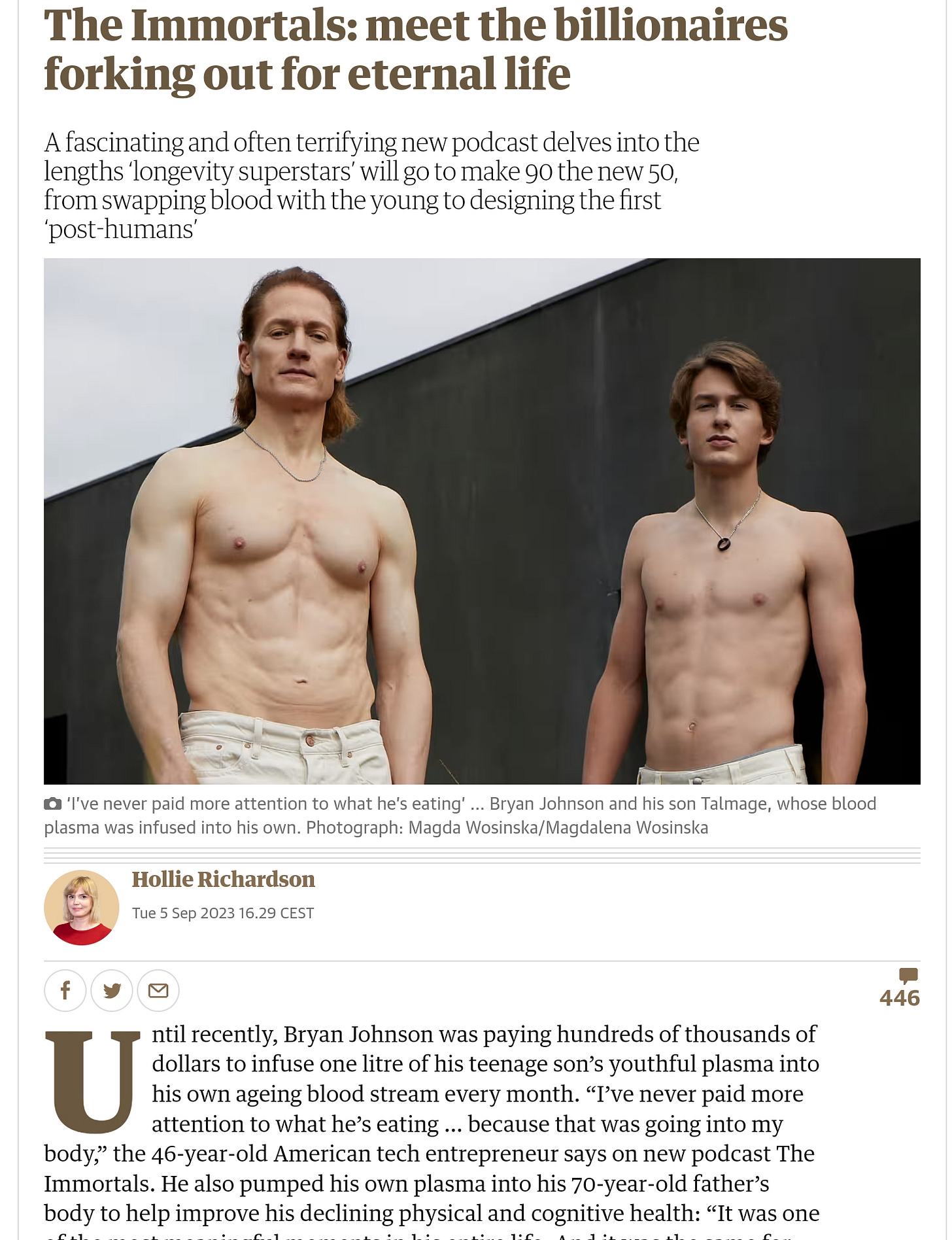
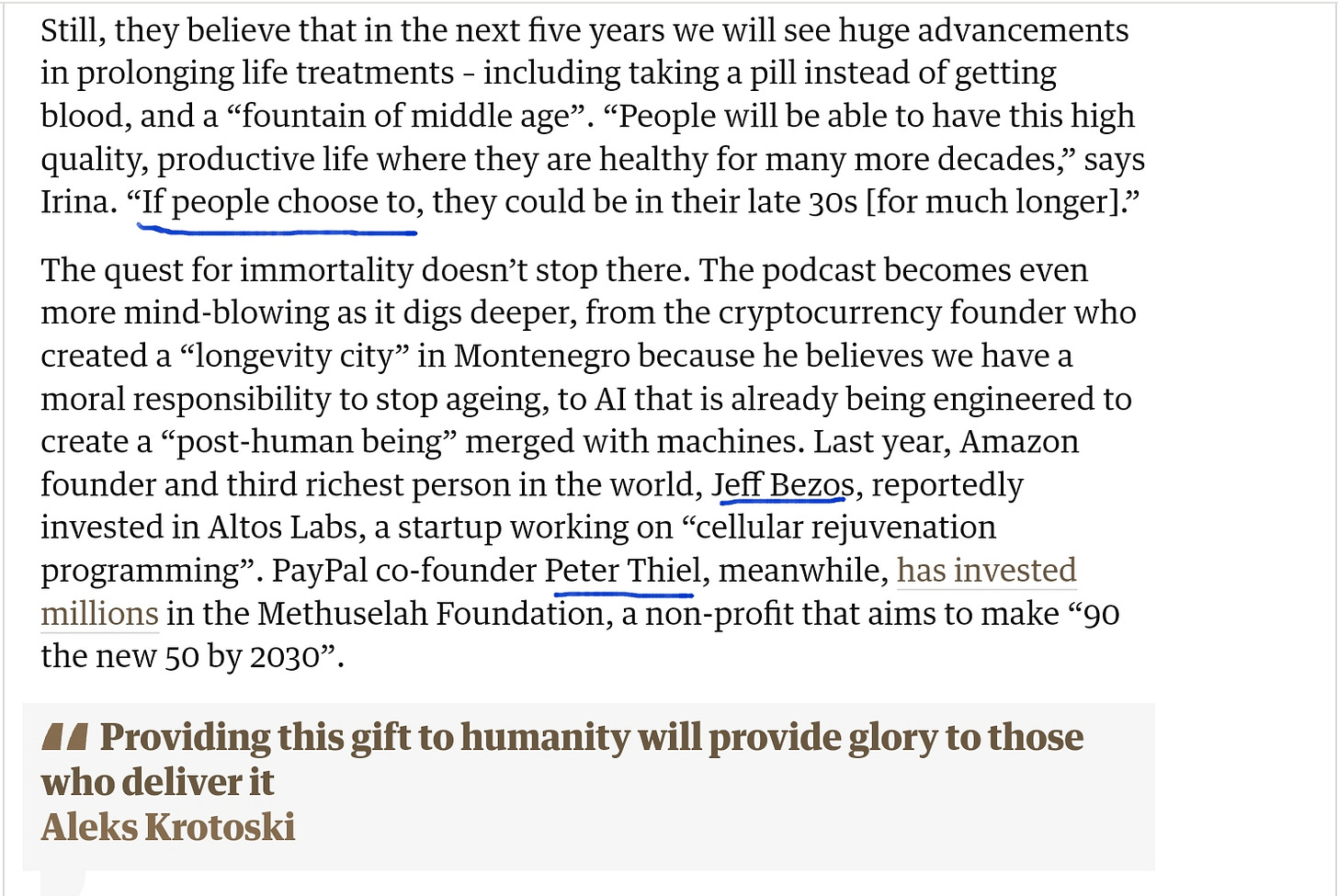
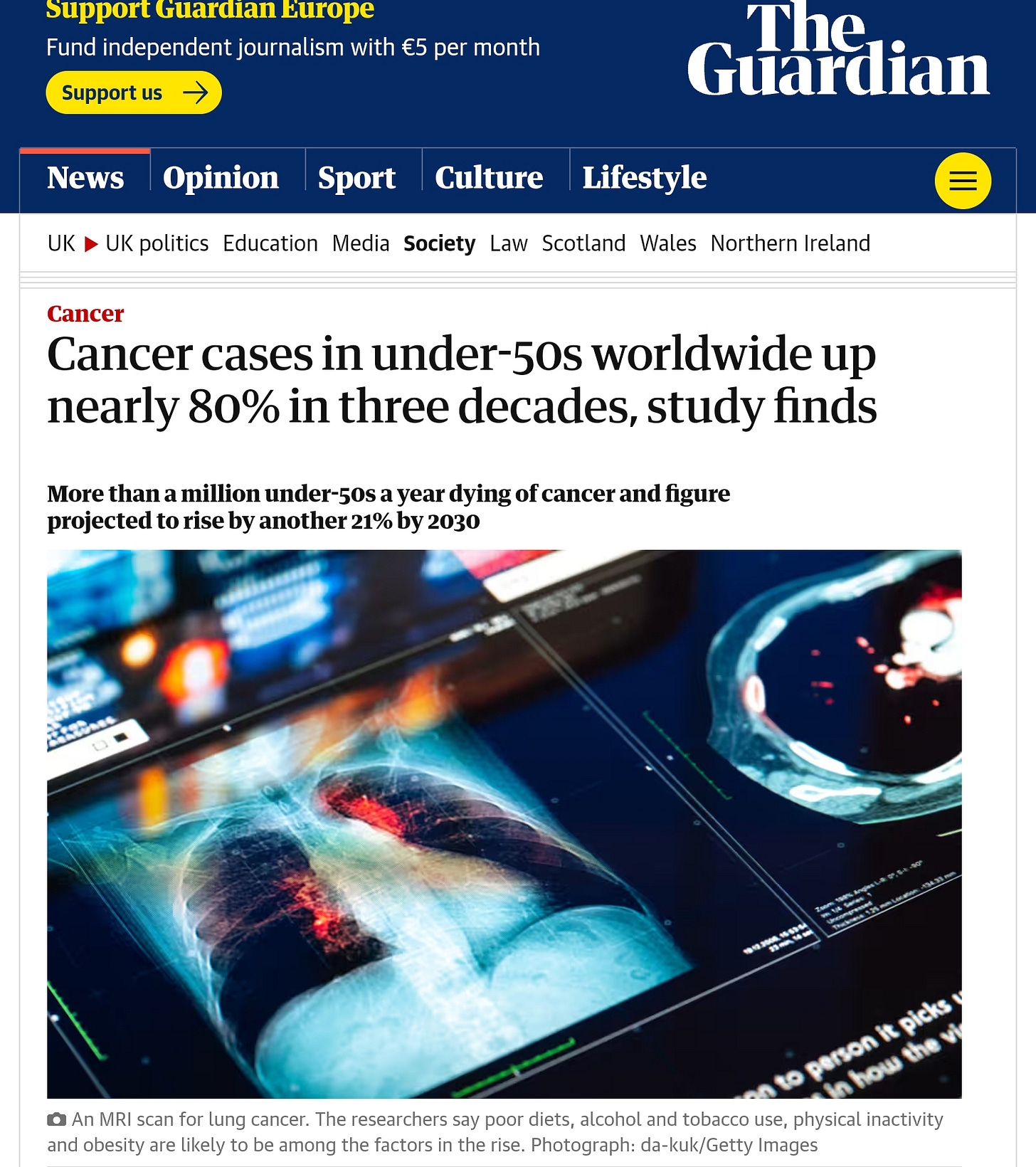
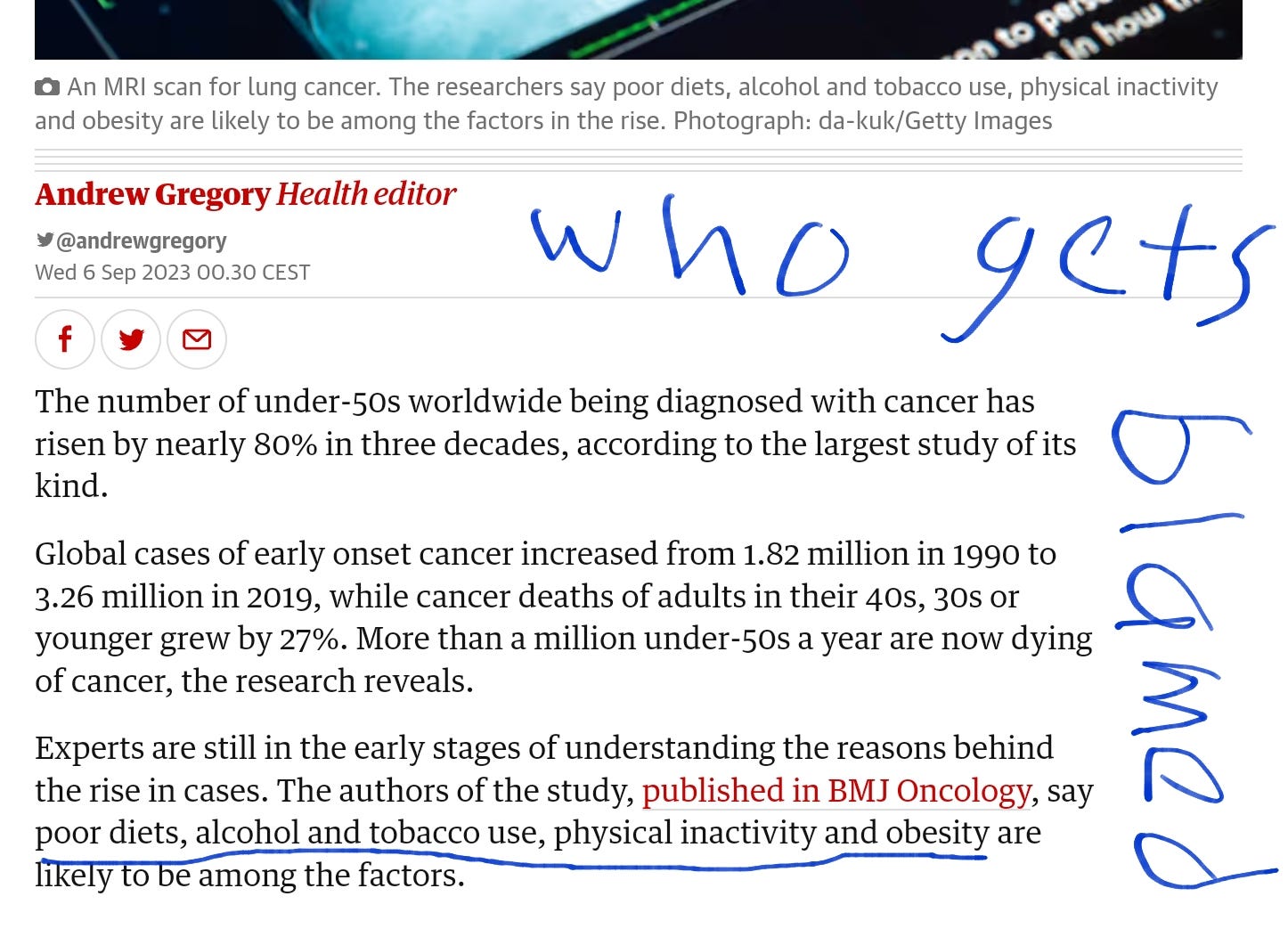

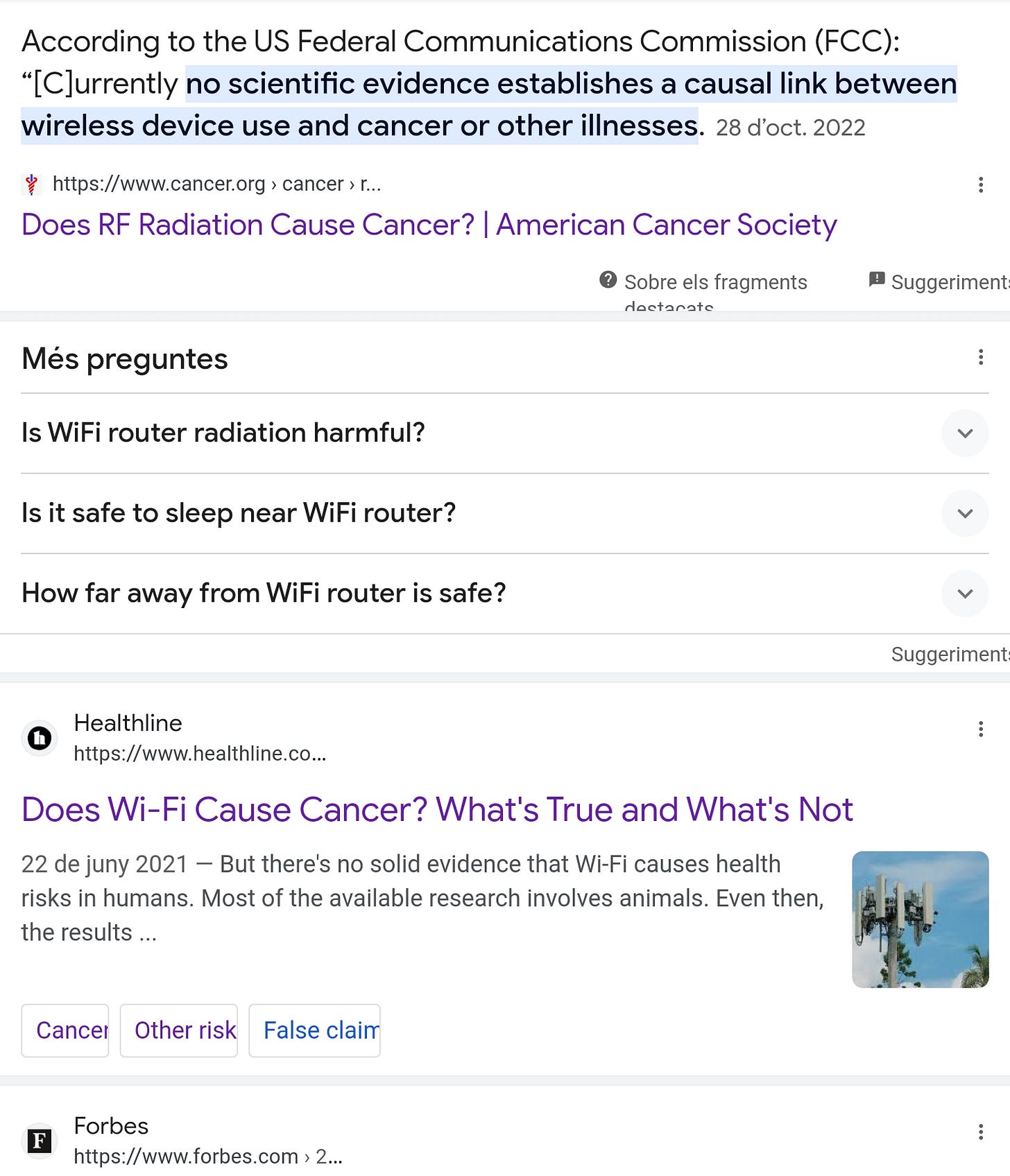
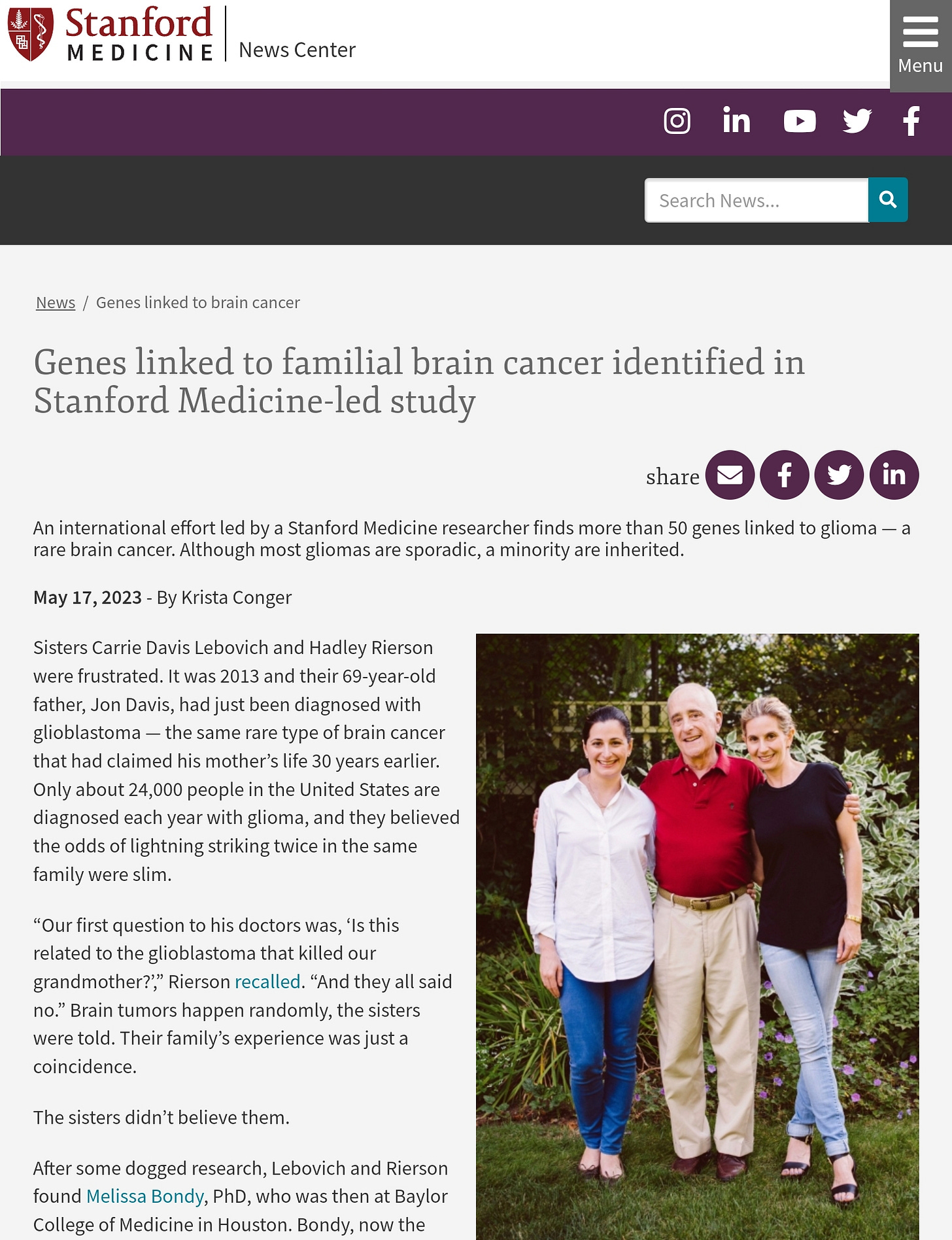

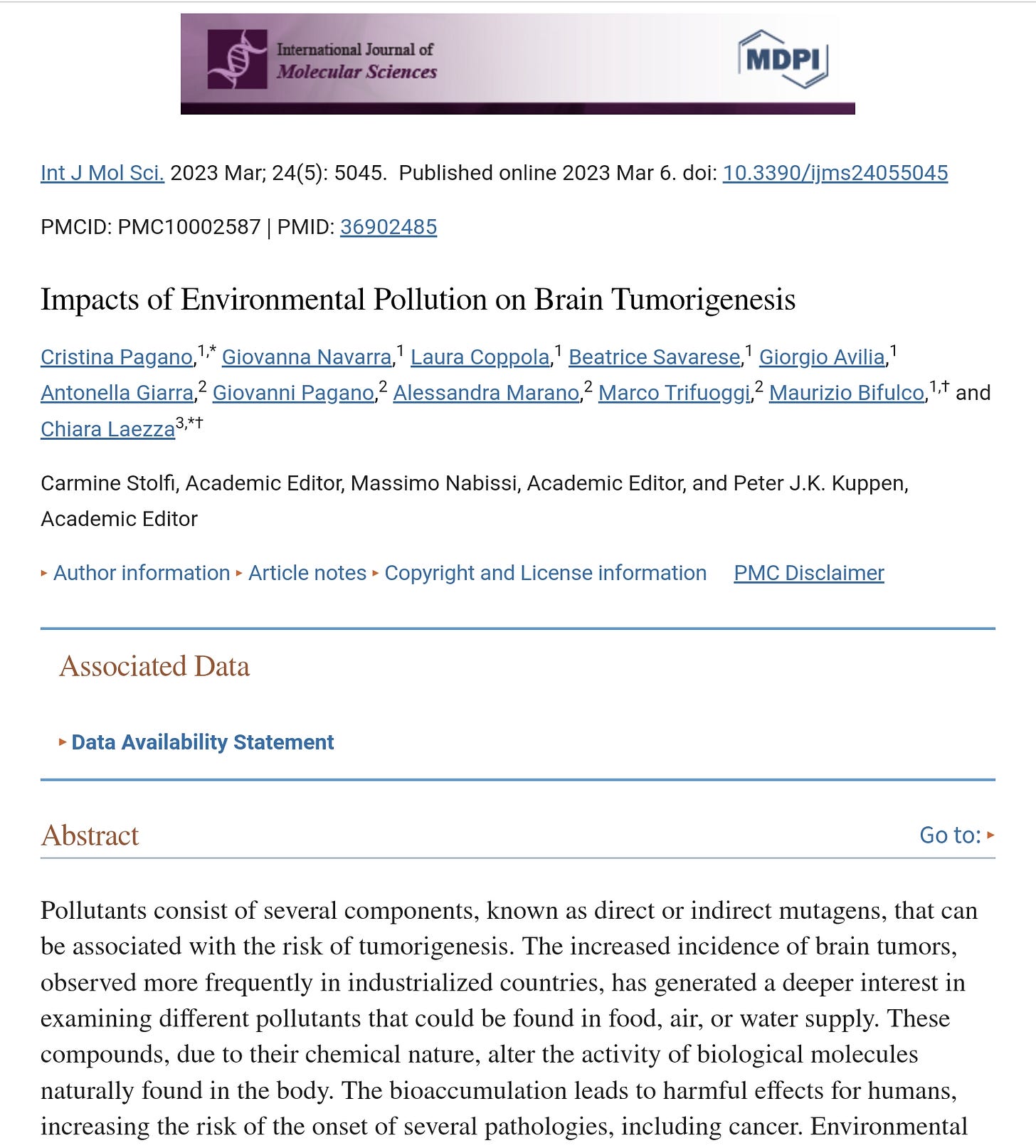
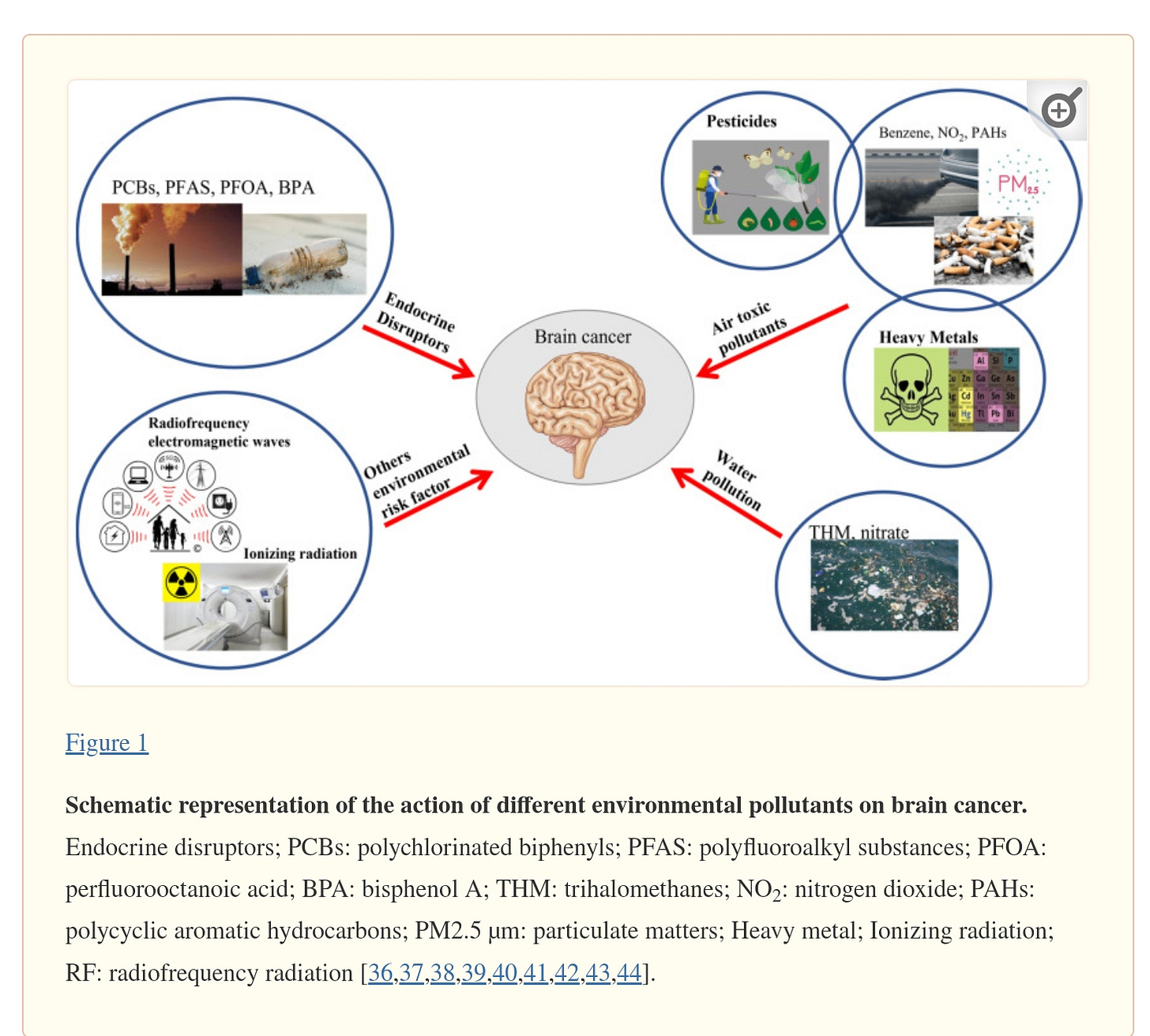

Beautifully written. These are the same psycho paths who instead of building community and learning to work together in a future that is burning, would rather hoard food and ammo and try to hold out longer than anyone else. I’d rather live my last days working together with beautiful people than locking myself indoors alone.
i agree with your overall point, but the second search result was actually correct; Wi-Fi uses radio waves(lower frequency than visible light), which aren’t able to damage dna like UV radiation , x-rays, and gamma rays(so can’t cause cancer). That said, it is absolutely true that capitalism and the state expose people to harmful levels of radiation and lie about it. Just take the US’s nuclear testing, the story of the radium girls, and how uranium mining harms the Navajo nation